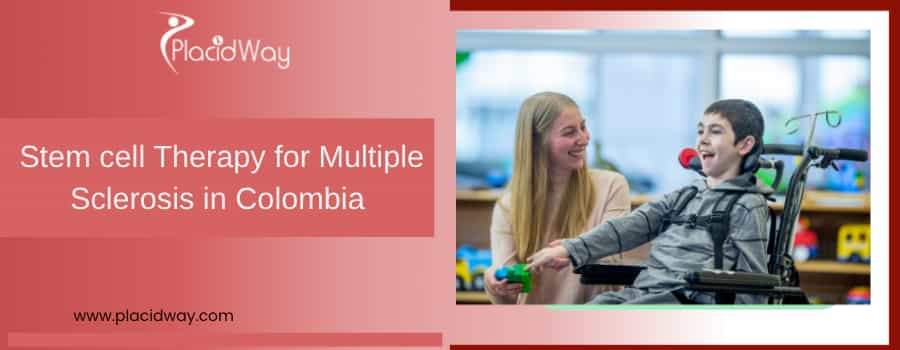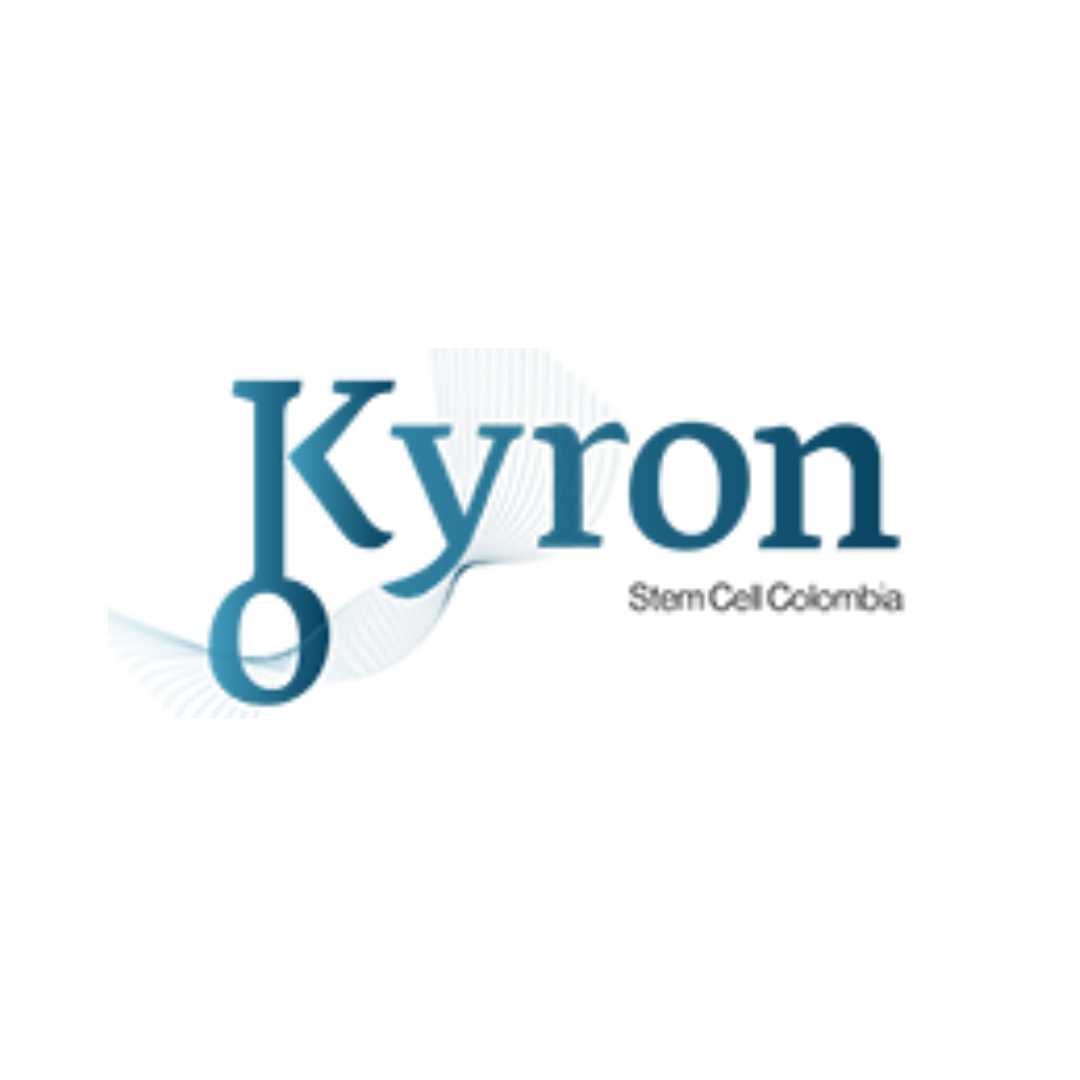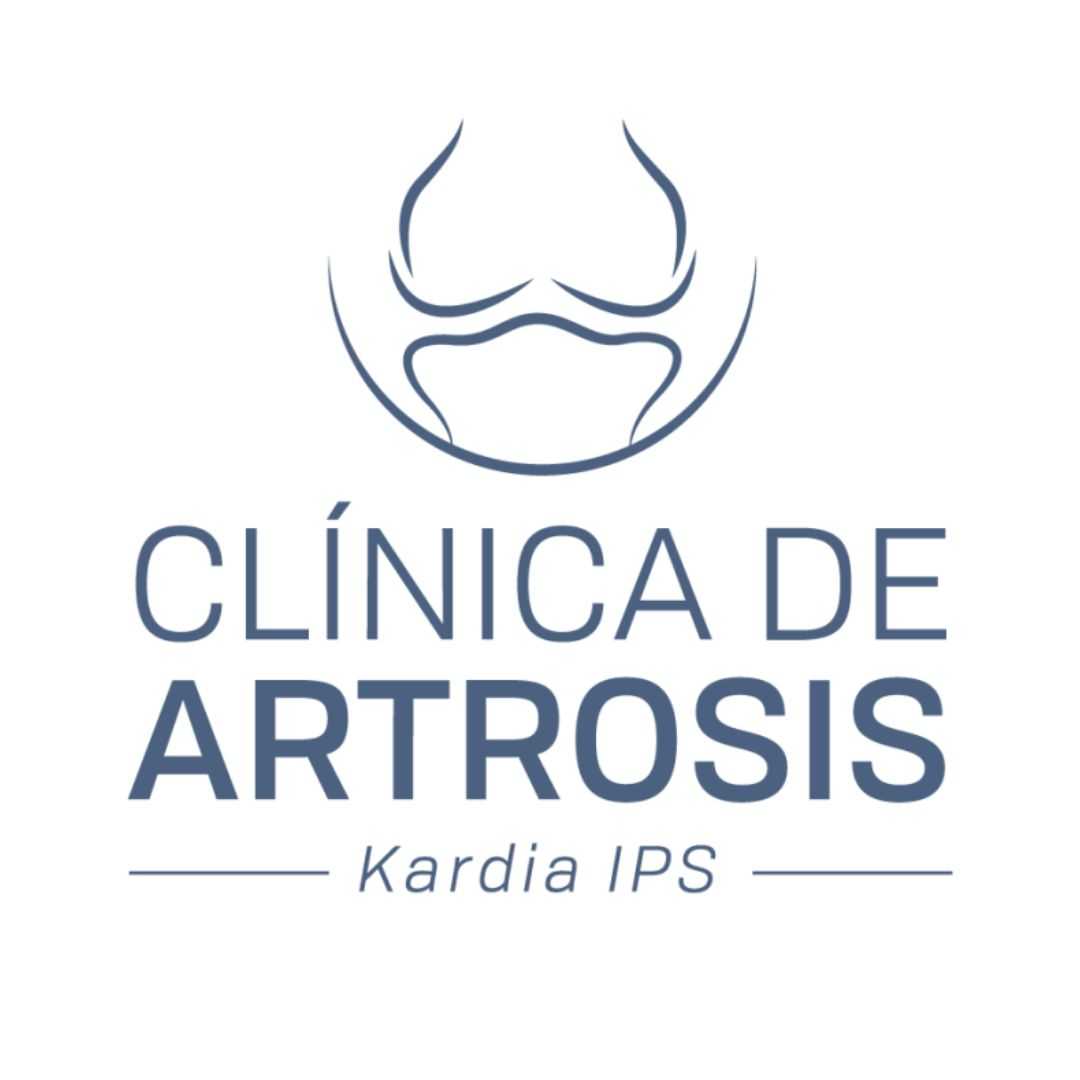Stem Cell Therapy for MS in Colombia: A Comprehensive Guide

Multiple Sclerosis (MS) is a complex autoimmune disease that affects the brain and spinal cord, leading to a wide range of symptoms that can significantly impact a person's quality of life. While traditional treatments primarily focus on managing symptoms and slowing disease progression, stem cell therapy has emerged as a promising and innovative approach, offering new hope for individuals with MS. Colombia has become a notable destination for those seeking this advanced treatment due to its progressive regulatory environment, state-of-the-art facilities, and competitive pricing. This blog post aims to answer common questions about stem cell therapy for Multiple Sclerosis in Colombia, providing clear, concise, and detailed information.
What is Multiple Sclerosis (MS)?
"Multiple Sclerosis is a chronic, unpredictable disease of the central nervous system (brain, spinal cord, and optic nerves) that disrupts the flow of information within the brain and between the brain and the body."
MS is an autoimmune condition where the body's immune system mistakenly attacks the myelin sheath, the protective covering around nerve fibers. This damage disrupts nerve signals, leading to a variety of symptoms such as fatigue, numbness, weakness, vision problems, balance issues, and cognitive difficulties. The progression and severity of MS vary greatly among individuals, making effective management crucial for maintaining quality of life.
How does Stem Cell Therapy work for MS?
"Stem cell therapy for MS works by utilizing the regenerative and immunomodulatory properties of stem cells to reduce inflammation, protect existing nerve cells, and potentially promote the repair of damaged myelin."
Stem cells, particularly mesenchymal stem cells (MSCs), possess a remarkable ability to differentiate into various cell types and secrete powerful anti-inflammatory and growth factors. In the context of MS, these cells can help calm the overactive immune system, preventing further attacks on myelin. They also release substances that support the survival and regeneration of nerve cells, and in some cases, may even aid in the remyelination process, offering a multifaceted approach to combating the disease.
What types of stem cells are used for MS treatment in Colombia?
"The most common types of stem cells used for MS treatment in Colombia are Mesenchymal Stem Cells (MSCs), often derived from sources like umbilical cord tissue, adipose (fat) tissue, or bone marrow."
Mesenchymal Stem Cells (MSCs) are favored for their potent immunomodulatory and regenerative capabilities. Umbilical cord-derived MSCs (Wharton's Jelly) are often used due to their young age, high potency, and ease of ethical sourcing. Adipose tissue and bone marrow are also viable sources for autologous (patient's own cells) MSCs. Hematopoietic Stem Cells (HSCs) may also be used in certain aggressive forms of MS, often requiring a more intensive procedure involving chemotherapy.
What are the potential benefits of Stem Cell Therapy for MS?
"Potential benefits of stem cell therapy for MS include reduced inflammation, slowed disease progression, improved neurological function, reduction in symptom severity (e.g., fatigue, pain, spasticity), and enhanced overall quality of life."
Many patients report a significant reduction in relapse rates and a stabilization or improvement in their Expanded Disability Status Scale (EDSS) score, which measures MS-related disability. The immunomodulatory effects of stem cells can lead to a decrease in inflammatory activity, preventing new lesions from forming. Furthermore, the neuroprotective and regenerative properties may contribute to improvements in mobility, balance, sensation, and cognitive function, allowing individuals to regain greater independence and participate more fully in daily activities.
Is Stem Cell Therapy for MS in Colombia safe?
"Yes, stem cell therapy for MS in Colombia is generally considered safe when performed at reputable, accredited clinics that adhere to international standards and are regulated by the country's health authorities like INVIMA."
Colombia has a developing regulatory framework for stem cell therapies, with INVIMA (The National Food and Drug Surveillance Institute) overseeing clinics and ensuring compliance with safety and quality guidelines. Reputable clinics prioritize patient safety through stringent screening of donor cells (if allogeneic), sterile environments, and experienced medical teams. Like any medical procedure, there are potential risks, which are usually mild and temporary, such as fever, headaches, or localized reactions at the injection site. Serious complications are rare in accredited facilities.
What is the cost of Stem Cell Therapy for MS in Colombia?
"The cost of stem cell therapy for MS in Colombia typically ranges from $5,000 to $25,000 USD, depending on factors such as the type of stem cells used, the number of sessions required, the clinic's reputation, and the complexity of the patient's condition."
Compared to countries like the United States or Europe where similar treatments can cost upwards of $50,000 to $100,000, Colombia offers a more affordable option while maintaining high standards of medical care. This cost difference is primarily due to lower operational expenses, favorable exchange rates, and a competitive medical tourism market. It's important for prospective patients to get a detailed quote from clinics, as the total cost can include pre-treatment assessments, the therapy itself, and post-treatment follow-up.
How long does a Stem Cell Therapy procedure take for MS?
"The actual stem cell therapy procedure for MS itself is often minimally invasive and can be completed as an outpatient procedure, typically lasting a few hours to a full day, though the overall treatment plan may involve multiple sessions over several days."
Patients usually undergo initial evaluations, including medical history review, physical examinations, and diagnostic tests (like MRI scans). The stem cell administration process, whether intravenous (IV infusion) or intrathecal (spinal injection), is relatively quick. However, the entire process, from initial consultation to post-treatment recovery, can vary. Some protocols involve a series of infusions over a few days, and follow-up assessments are crucial to monitor progress.
What should I expect during the Stem Cell Therapy process in Colombia?
"During the stem cell therapy process in Colombia, you can expect a comprehensive initial consultation, detailed diagnostic evaluations, personalized treatment planning, the stem cell administration, and post-treatment monitoring with clear follow-up instructions."
The process often begins with a virtual or in-person consultation where a medical team specializing in regenerative medicine assesses your specific MS condition and overall health. This is followed by thorough testing to determine suitability and tailor a treatment plan. The stem cells are then prepared and administered, typically through an IV or spinal injection. Many clinics offer concierge services, assisting with travel, accommodation, and translation to ensure a smooth experience for international patients.
What are the potential risks and side effects of Stem Cell Therapy for MS?
"While generally safe, potential risks and side effects of stem cell therapy for MS are usually mild and temporary, including fever, headaches, fatigue, nausea, or localized pain/swelling at the injection site. More severe risks, such as infection or allergic reactions, are rare."
It's crucial to discuss all potential risks with your medical team. Reputable clinics take extensive precautions to minimize these risks, including rigorous screening of donor cells, maintaining sterile environments, and closely monitoring patients during and after the procedure. Patients may experience a temporary "healing crisis" where symptoms might briefly worsen before improvement as the body begins to respond to the treatment.
What kind of results can I expect from Stem Cell Therapy for MS?
"Results from stem cell therapy for MS can vary widely among individuals, but many patients report a reduction in relapses, stabilization of disease progression, improvements in symptoms such as fatigue, spasticity, and pain, and an overall enhanced quality of life."
It is important to have realistic expectations. While some patients experience significant improvements within weeks or months, others may see gradual changes over a longer period. Stem cell therapy is not considered a definitive cure for MS but rather a treatment that aims to slow progression, reduce inflammation, and promote neurological repair. The success can depend on factors like the type and stage of MS, the patient's age, overall health, and the specific treatment protocol used.
How long do the effects of Stem Cell Therapy for MS last?
"The duration of stem cell therapy effects for MS varies, with some patients experiencing benefits for several months to a few years. Follow-up treatments may be recommended to maintain the therapeutic effects."
The long-term efficacy can differ from person to person. While some individuals may experience sustained improvements, the nature of MS as a chronic condition means that ongoing management is often necessary. Regular monitoring by a neurologist and open communication with the stem cell therapy clinic are essential to assess the need for additional treatments or complementary therapies.
Who is a good candidate for Stem Cell Therapy for MS?
"A good candidate for stem cell therapy for MS is typically someone with active inflammatory disease, usually under 50-55 years old, and who has had MS for a shorter duration (e.g., less than 10-15 years), though individual suitability is determined by a comprehensive medical evaluation."
The effectiveness of stem cell therapy can be influenced by the patient's specific type of MS (e.g., relapsing-remitting MS often shows better responses), overall health, and absence of other severe comorbidities. A thorough evaluation by a qualified medical professional is essential to determine if stem cell therapy is a suitable option.
What kind of follow-up care is needed after Stem Cell Therapy for MS?
"After stem cell therapy for MS, follow-up care typically involves regular monitoring by your neurologist, including MRI scans to assess disease activity, and ongoing symptom management, potentially with physical therapy, occupational therapy, or medication as needed."
The stem cell clinic may also provide specific post-treatment instructions and remote follow-up consultations. It's crucial to maintain open communication with your healthcare providers to track progress, address any new symptoms, and ensure a holistic approach to managing your MS. Lifestyle adjustments, including diet and exercise, are also often encouraged to support overall well-being.
How does Colombia's regulatory environment for stem cells compare to other countries?
"Colombia has a more progressive and established regulatory environment for stem cell therapies compared to some Western countries, with its national health authority, INVIMA, providing oversight and approving clinical trials and treatments."
While many stem cell therapies are still considered experimental in countries like the United States, Colombia has taken a more forward-thinking approach, allowing for broader application under regulated conditions. This allows for innovation and accessibility while still aiming to ensure patient safety and ethical practice. However, it's always important to ensure the chosen clinic adheres to these national regulations and ideally, international standards of care.
For those exploring advanced healthcare solutions like stem cell therapy for Multiple Sclerosis, PlacidWay offers a gateway to connect with world-class clinics and experienced specialists in destinations like Colombia. Explore PlacidWay today to discover how we can help you find personalized treatment options and support your healthcare journey.


.png)




.png)

.png)







Share this listing